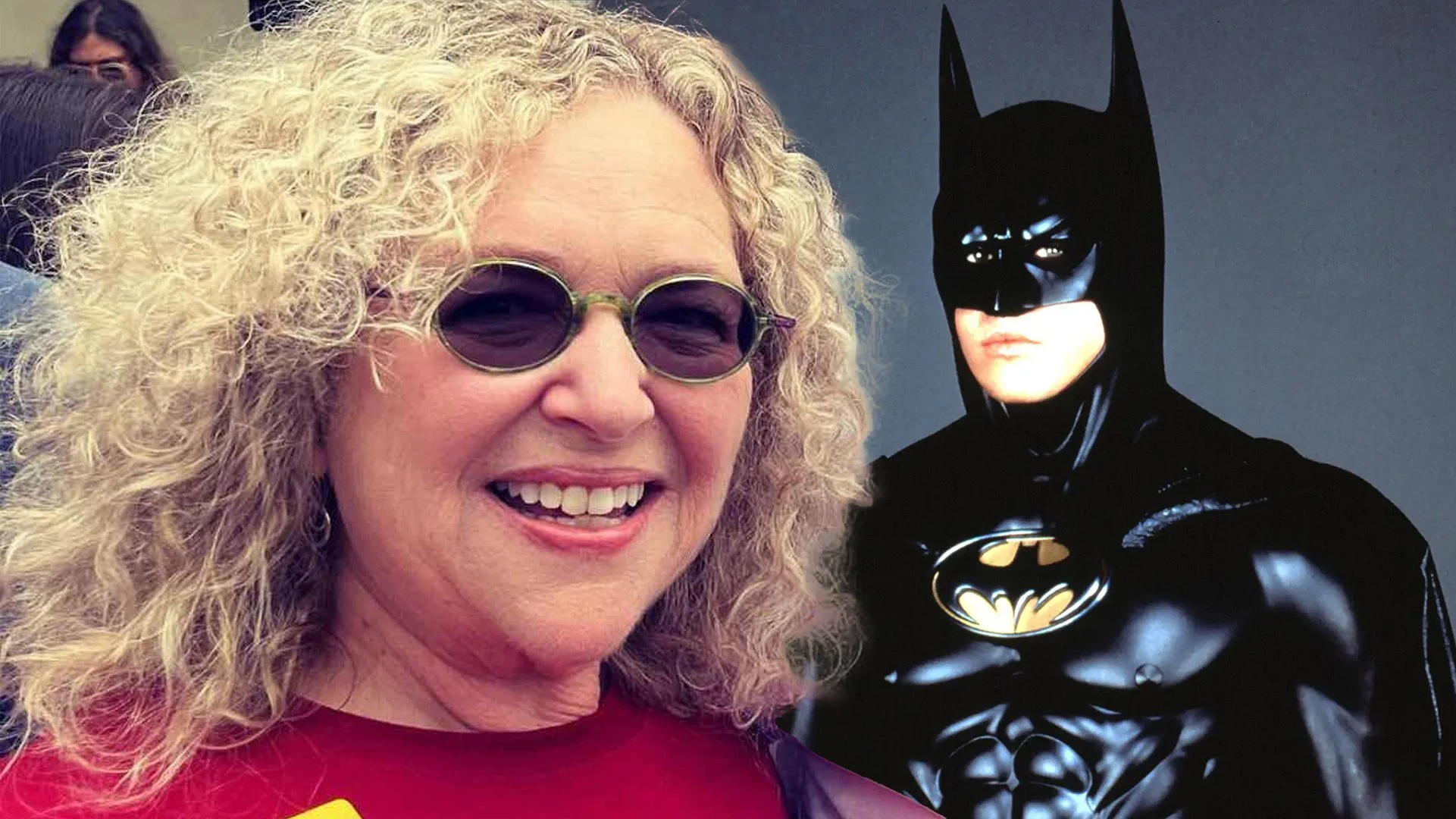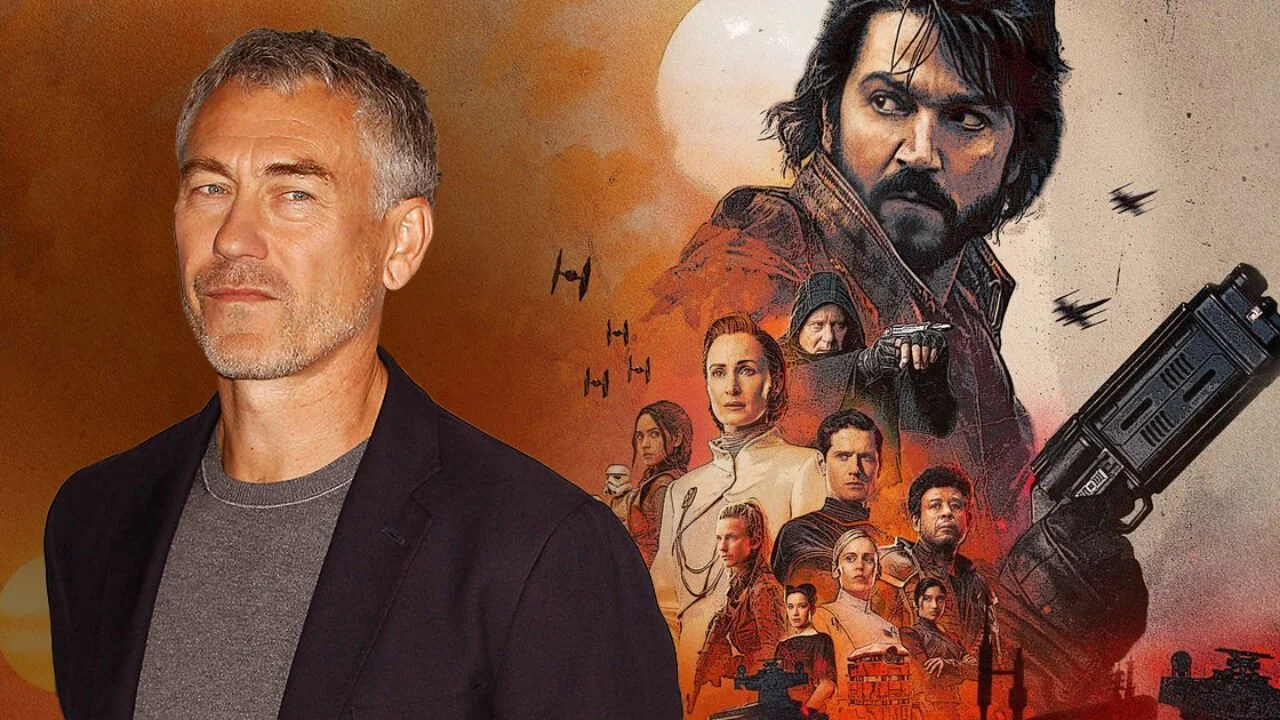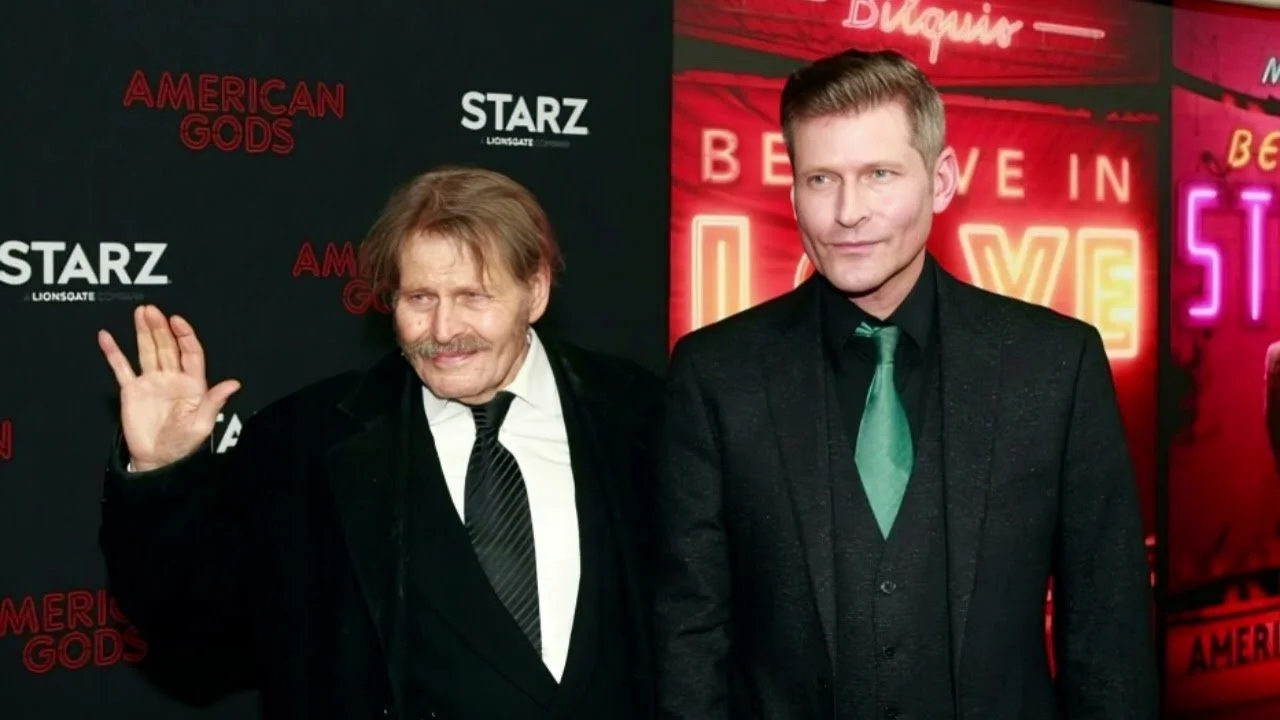Exclusive Interview With 'Batman Forever' Writer Janet Batchler: What Exactly Is Hollywood's Writer's Strike And How To Help
Image Source: CultureSlate
With the Writer’s Guild of America strike continuing, there are many questions around what that means exactly, why, who is involved, and how to help. CultureSlate wanted to talk firsthand to someone who is in the Writer’s Guild and discuss personally what it means to them and how others can help support this much needed strike. We talked to Janet Batchler who is the screenwriter for Batman Forever and Pompeii, and she gave us some excellent answers to our burning questions. Janet is also a writing professor at University of California’s School of Cinematic Arts.
CultureSlate: What is the most important demand from this strike in your eyes?
Janet: Personally, my greatest concern is about reining in the use of AI. Human stories need human writers. Yes, as a screenwriter, I don't want to see jobs handed over to computers — but even more, as someone who enjoys great film and TV, I want to watch the amazing work that comes from the minds and hearts and imaginations of human writers. I want to watch Succession, Abbott Elementary, Barry, and even Bridgerton... I want to watch Everything Everywhere All at Once and Marcel the Shell With Shoes On and Spider-Man: Into the Spider-Verse. None of those can come from AI, which is essentially a plagiarism machine. The WGA's proposals regarding AI are reasonable and make common sense: All writing work done under a WGA contract must be performed by humans, AI-assembled content cannot be used as source material, our work cannot be used to train AI. Issues involving AI are, of course, far greater for members of SAG-AFTRA.
As for the other demands: I am a screenwriter, not really a TV writer, so I can't speak with lived experience about the TV writer demands. I'll just point to the experience of a friend of mine who was hired to write for a show that migrated from Nickelodeon to Paramount+. Same show, same work required -- but she is being paid 35% of what writers on that show earned working for Nickelodeon. Think about how you'd feel if you were required to take a 65% pay cut for doing the same work. The inequities are massive and unfair, and I am happy to strike for my sisters and brothers working in TV.
RELATED:
CultureSlate: How do you feel this strike differs from the 2008 strike?
Janet: The 2007-2008 strike was tough. This strike feels completely different. It's wonderful seeing all the support from SAG-AFTRA, the Teamsters, The Animation Guild, and IATSE every single day in so many ways. Labor in this town is united in a way I've never seen before, and for good reason. The WGA has done a tremendous job of making sure we know what's going on, even to detailing where we can find restrooms near each picket line. And the special pickets happening each day are so clever and even make striking fun — who would have thought that being on strike could have an element of fun?! (I and/or my writing partner have been to the Newsies picket, the superhero picket, the Star Trek picket, the USC picket and the military veterans picket... and I can't wait for the musicals picket and the women genre writers pickets next week.) ...
Another difference I notice is a change in the demographics of the picket line. In 2007-2008, I was surrounded by a lot of white men, whose conversations with each other were all happening 8" over my head. In 2023, the line looks like America. Easily half women, including pregnant women and women carrying babies. Lots and lots of black faces and other POC. An enormous demographic change in 15 years.
CultureSlate: Do you feel like this strike will be similar to 2008 as the DGA has reached an agreement?
Janet: This strike is already markedly different from the 2007-2008 strike, and I see no reason to expect that to change. I don't think the fact that the DGA has made their deal really affects much of anything. They drafted off our strike to make their deal, but what they were looking for and what we're asking don't have much overlap. In many ways, the DGA is fairly irrelevant to what happens next.
CultureSlate: Do you feel that studios will capitulate to all demands/ what do you think they will cave on?
Janet: The studios and streamers absolutely will not meet all of our demands, and we would never expect them to. A negotiation should be a give-and-take, a collaborative discussion that results in a compromise settlement that's reasonable, fair, and acceptable to both sides. So far, unfortunately, the studios have refused even to discuss several topics that are very important to the WGA. These include weekly pay for screenwriters (who often have to wait months for payment after delivering work), duration of employment for TV writers, and preservation of the writers' room in TV. The studios/streamers also refused even to discuss payment for writers' work during the post-production period (where now they often get stuck working long hours for no pay), residual payments based on number of streaming views and transparency regarding number of viewers for any given show. They refused even to discuss paying for high-budget ad-supported streaming shows at the same rate as other TV shows. They refused to discuss changing the way pension and health benefits are calculated for writing teams (as a member of a married writing team, my partner and I have always had to earn 200% of the minimum to qualify for health insurance, but we only receive a 20% boost for those earnings). And they refused to discuss use of AI in the writing process.
With all that refusal to discuss vital issues, it's hard to say what flexibility or willingness to actually negotiate the studios/streamers will actually show down the line. For starters, we'd like them to "cave on" refusing to talk to us and get back to the negotiating table. I doubt that will happen quickly, though.
CultureSlate: Do you feel like Amazon, Apple, and Netflix play a big part on the AMPTP side of the strike since they have never dealt with a strong union?
Janet: It's certainly true that the major streamers have never dealt with a strong union before, and the interests and business plans of the three major streamers don't necessarily overlap all that much with those of the studios. In many ways, none of these companies are really entertainment companies at all. Amazon is only making entertainment to drive consumers to purchase on Amazon via Amazon Prime. Apple is the largest tech company in the world, and entertainment is the tiniest of sidelines for it. And Netflix really positions itself as a tech company rather than an entertainment company. They would all do well to learn from the studios what it means to prioritize the creation of entertainment, and how film/TV is a business unlike most other industries.
CultureSlate: How long do you think the strike might last?
Janet: I don't think there's any way to know. I've heard everything from July to January. I'll just say that while it would be great if the AMPTP came back to the table quickly with reasonable counteroffers to our proposals, I wouldn't be surprised to still be on the picket line in August or September.
CultureSlate: Since SAG-AFTRA voted to authorize their negotiations team and leadership to call a strike if they don’t have an agreement with their contract by the end of June, do you believe that there is a chance for the DGA to vote to strike as well?
Janet: I think SAG-AFTRA needs to strike, and I hope they will. If they strike, I think it may hasten our ability to return to work. As for the DGA, they will not strike. They have reached a settlement with the AMPTP, and although there has been plenty of pushback against it from their members, it seems unlikely that their membership would vote it down. And the DGA doesn't strike. The only time the directors ever went on strike was for 3 hours in 1987. So, no, I don't foresee any DGA strike.
CultureSlate: What have been some of your favorite things about working in Hollywood as a writer?
Janet: I love getting to tell large-scale stories for a global audience, and I love being surrounded by other creative people who always help sharpen my own skills as a storyteller and open up my imagination.
CultureSlate: How did you become a screenwriter? What led you on that journey and why?
Janet: I became a screenwriter almost through serendipity. I was dating a playwright, and I naively suggested that we should try screenwriting together. As it turned out, it worked. I felt like I'd found the craft I'd been looking for. I took a few classes, and it all just clicked. We had our first sale after about 3 years of writing together, and our career really took off about 5 years after that. I'm thrilled now to pass on what I know about the craft to aspiring screenwriters at USC's School of Cinematic Arts.
CultureSlate: What can people do to help the strikers especially if they don't live where they can picket or walk with them?
Janet: Great question! Two very specific things people can do to help the strikers: 1) Make a donation to the Entertainment Community Fund. This nonprofit fund, formerly known as the Actors Fund, helps provide a safety net for everyone (not just writers) who's suffering financially due to loss of work from the strike. Click on Film and Television Workers to direct your donation to these people. This fund, which has been a lifesaver to so many people, is prioritizing help with housing and health care costs right now. Make your donation here.
2) Another way to help is to spread the WGA's message through social media, including expressing support for the writers (and actors and below-the-line entertainment workers) directly to the companies being struck. (Start with Netflix.)
It was an absolute pleasure to get to talk to Janet and to be able to get the word out there about the strike and how to help.
READ NEXT:













